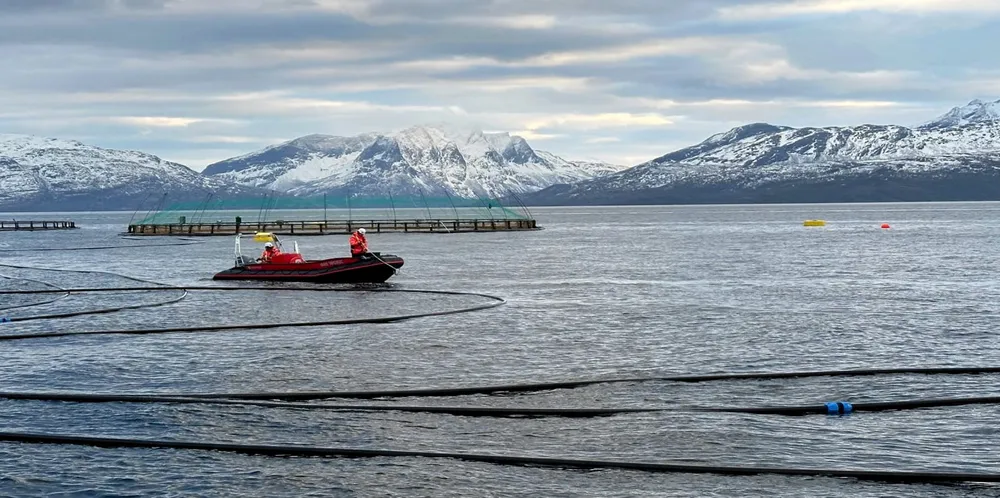Cermaq trials new sea site farming salmon and kelp together
The companies claim it will be the world's first sea site built for a combined production where the kelp will be grown inside the salmon farm.

The companies claim it will be the world's first sea site built for a combined production where the kelp will be grown inside the salmon farm.
